Fairly often I am asked why I am so interested in the Caucasus. So here’s the story:
In 1997 I was in my first year of university. I wanted to take a course, but by the time that I was able to register, the course was full. The only other course at the same time and day (thus not forcing me to change my other classes) was a freshman seminar (a small course with a professor) about the Nagorno Karabakh conflict.
I had always been interested in global issues (despite having grown up in a sheltered rural area), and especially the Soviet Union. So I signed up for the class.
It was a great course. The instructor was amazing. It was the first time that I really learned about research and the bug bit me!
My professor suggested that I go to Armenia for a summer language program. I didn’t have any other plans, so I decide to go.
That summer [warning – ugly 1990s web design] was fantastic. I learned a lot about myself, the world, and just how narrow my perspective had been. I also completed a year of language training that summer.
Yerevan, July 1998
[Please appreciate the 1990s fashion choices.]
Summer 1998 (poorly scanned) photos
After that summer, I continued my language training and eventually became an AAPTIS (Armenian, Arabic, Persian, Turkish, and Islamic Studies) major with a minor in Soviet Studies.
While in school I also worked in the campus IT department – fully embracing a lifetime of computer nerdiness.
In the Summer of 1999 I returned to Armenia to be an intern at the Ministry of Foreign Affairs. I also got involved with the (small at the time) Armenian technology community, working on projects like Groong: The Armenian News Network and the United Nations Development Program’s Armenian Freenet. I even won an award in 1999 for my Armenian website! Many of the friends that I made at this time are still good friends.
Summer 1999 (poorly scanned) photos
After graduating in 2001, I decided to work on an information technology for development program in Armenia and neighboring Azerbaijan. This program, funded by the U.S. government, put computer labs in schools in these countries. At the time there was very little technology in the region. The program that I worked for literally put down the cables to get Internet outside of the capital city. My role was to design and manage virtual and real exchange programs between schools in Armenia/Azerbaijan and the United States.
Teaching American teachers to go to Armenia, November 2001
Yerevan, teaching Armenian teachers about America, December 2001
[For a digital camera in 2001, the resolution on these photos isn’t bad!]
After leaving development work, my involvement in the region was at first personal – maintaining ties with tech and non-tech friends as well as working on high school exchange programs (FLEX) for young people from the region.
Then I decided to go back to school to really answer some of the lingering questions that I had about the difficulties that ICTD programs in the region faced.
First, in 2005, I went to the University of London School for Oriental and African Studies for an MA in international studies. During this time I also operated a group blog for high school girls from Armenia, Azerbaijan, and Georgia and spent a lot of time with the Caucasus ex-pat communities in London. I also started up on Azerbaijani language courses at this time.
It was also probably around this time that I got interested in the pro-democracy movements in both Armenia and Azerbaijan, especially on their use of technology.
I had a lot of fun in the UK and enjoyed the fieldwork in Armenia and Azerbaijan for my MA thesis. However, I did not think that international studies had the right theories for my interest in exploring these questions about technology adoption and use.
Baku, November 2005
Yerevan, May 2006
Technology adoption and use can be studied from a lot of perspectives. I considered anthropology, sociology, education, and information sciences, among other disciplines. Eventually I found communication – a field that allows for analysis at individual and group levels and is quite welcoming to technology studies. I applied and was accepted to the Communication Department at the University of California, Santa Barbara in 2006.
During my time at UCSB I was a Fulbright Scholar in Armenia, conducted many studies in the region, and worked a lot with the Caucasus Barometer. I also got more involved with the Caucasus blogging/tweeting communities.
Armenia, May 2008
Yerevan, July 2008
While finishing my dissertation, I took a job at the U.S. Department of State to design, implement, and analyze public opinion data in the Caucasus as well. I filed my dissertation in spring 2011.
In 2011-2012 I was an adjunct faculty member at Georgetown‘s Communication, Culture, and Technology Program.
While in DC, I started participating in many Internet freedom groups and engaging more with public debates about freedom of expression, especially in Azerbaijan.
As of fall 2012, I am an assistant professor in the Department of Communication at the University of Washington. And I’m still studying the Caucasus and technology.
Baku, November 2012
Baku, July 2013
Baku, July 2014 – research at the zoo
I maintain close ties to the Caucasus technology community via social media. Having this community to verify my empirical findings is an important part of my research.
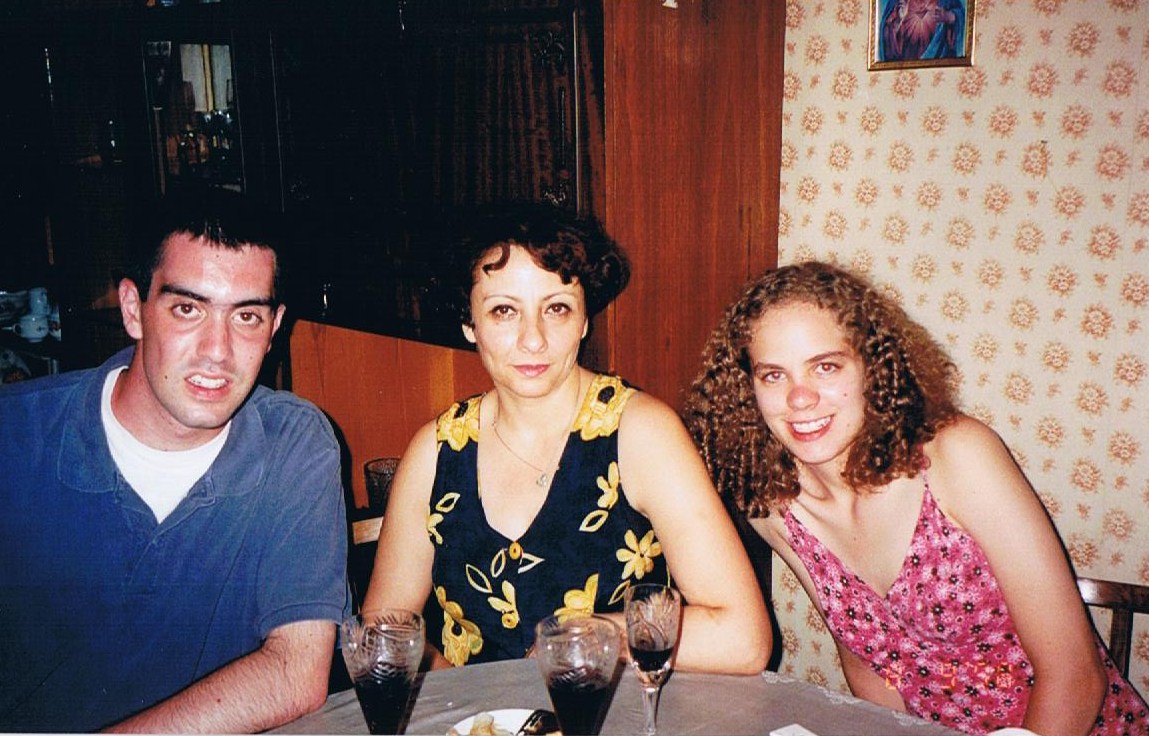
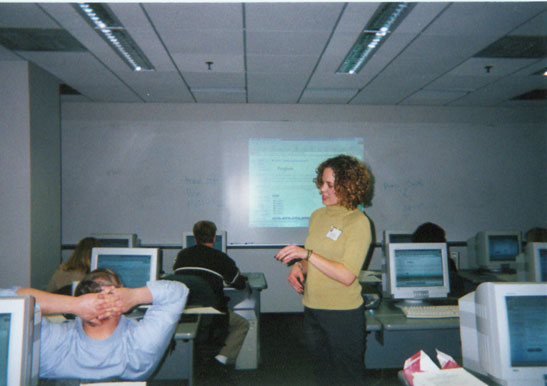
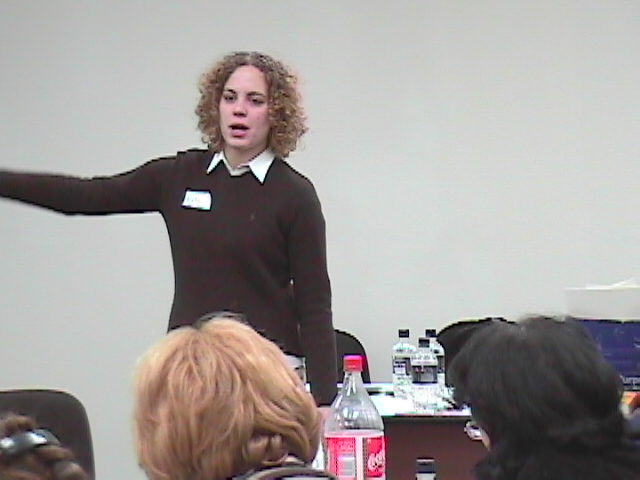
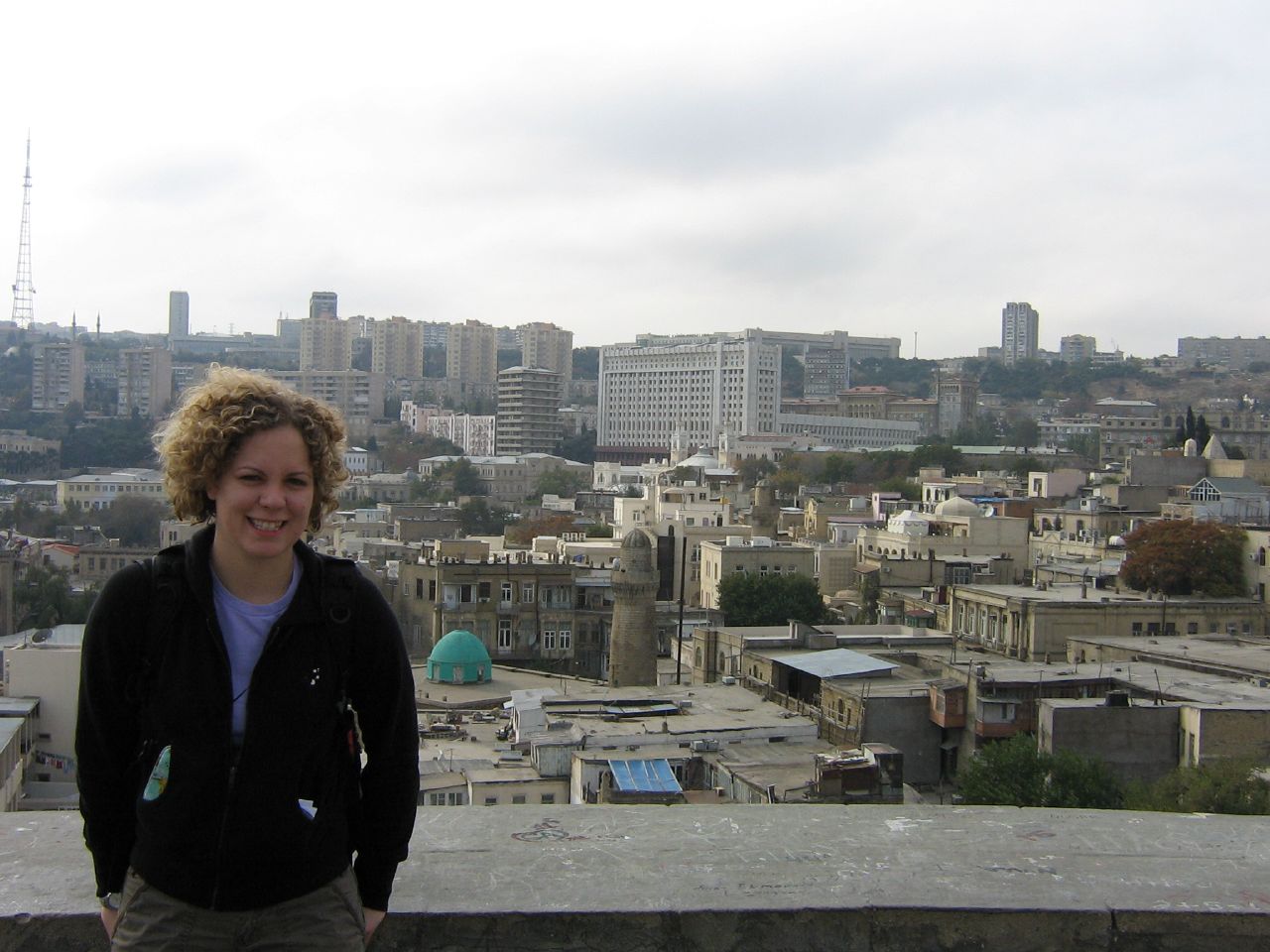
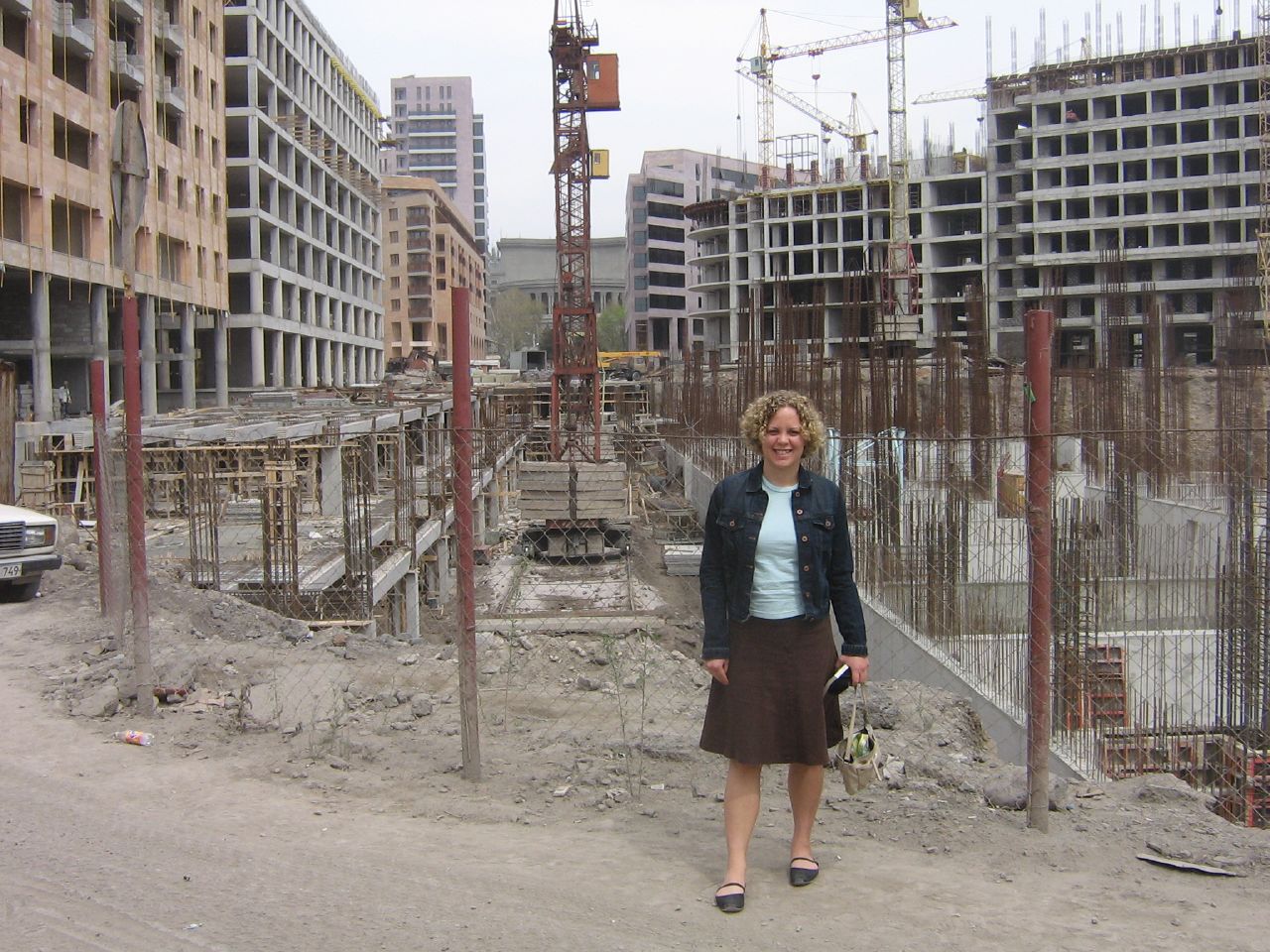
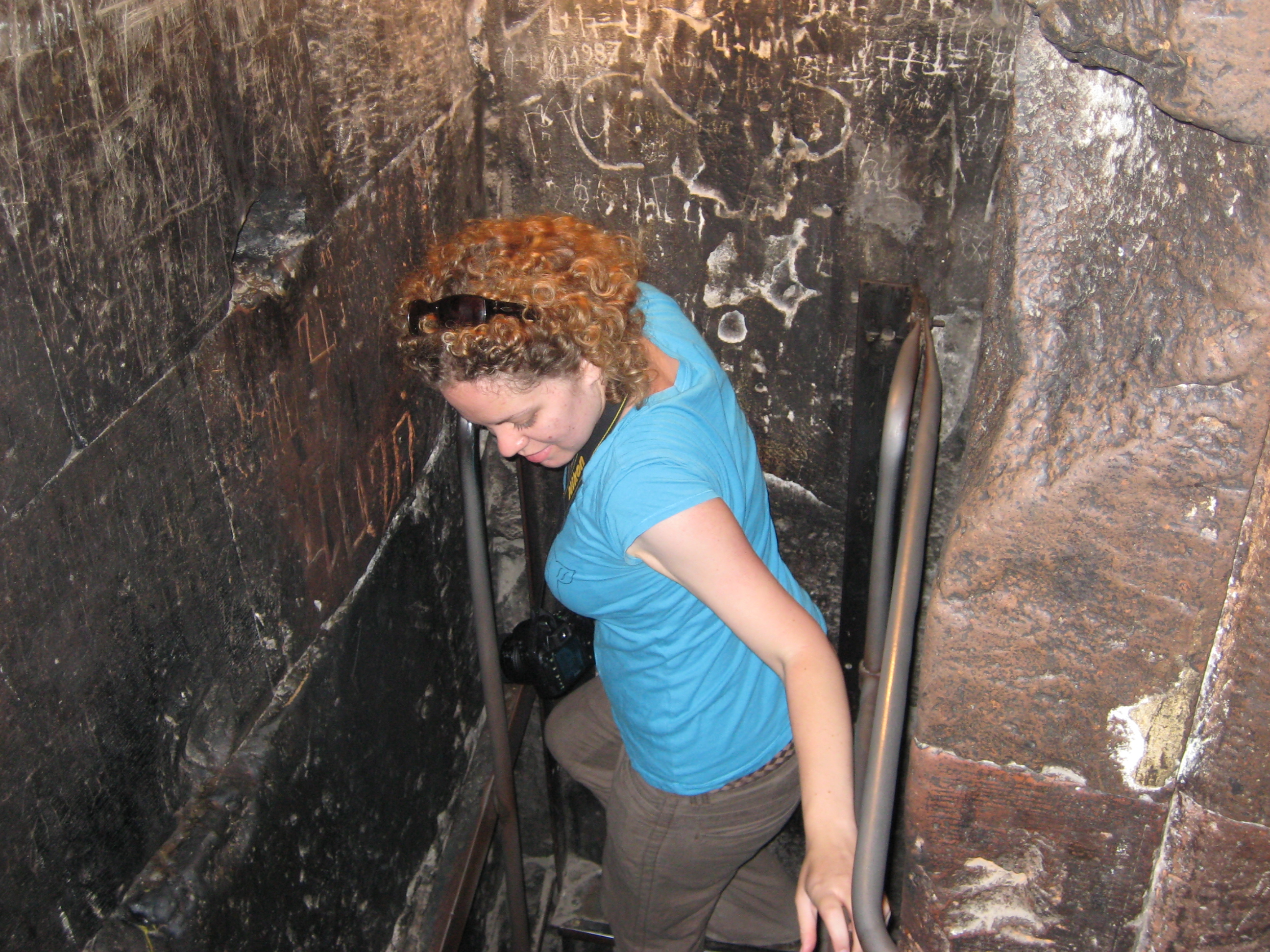
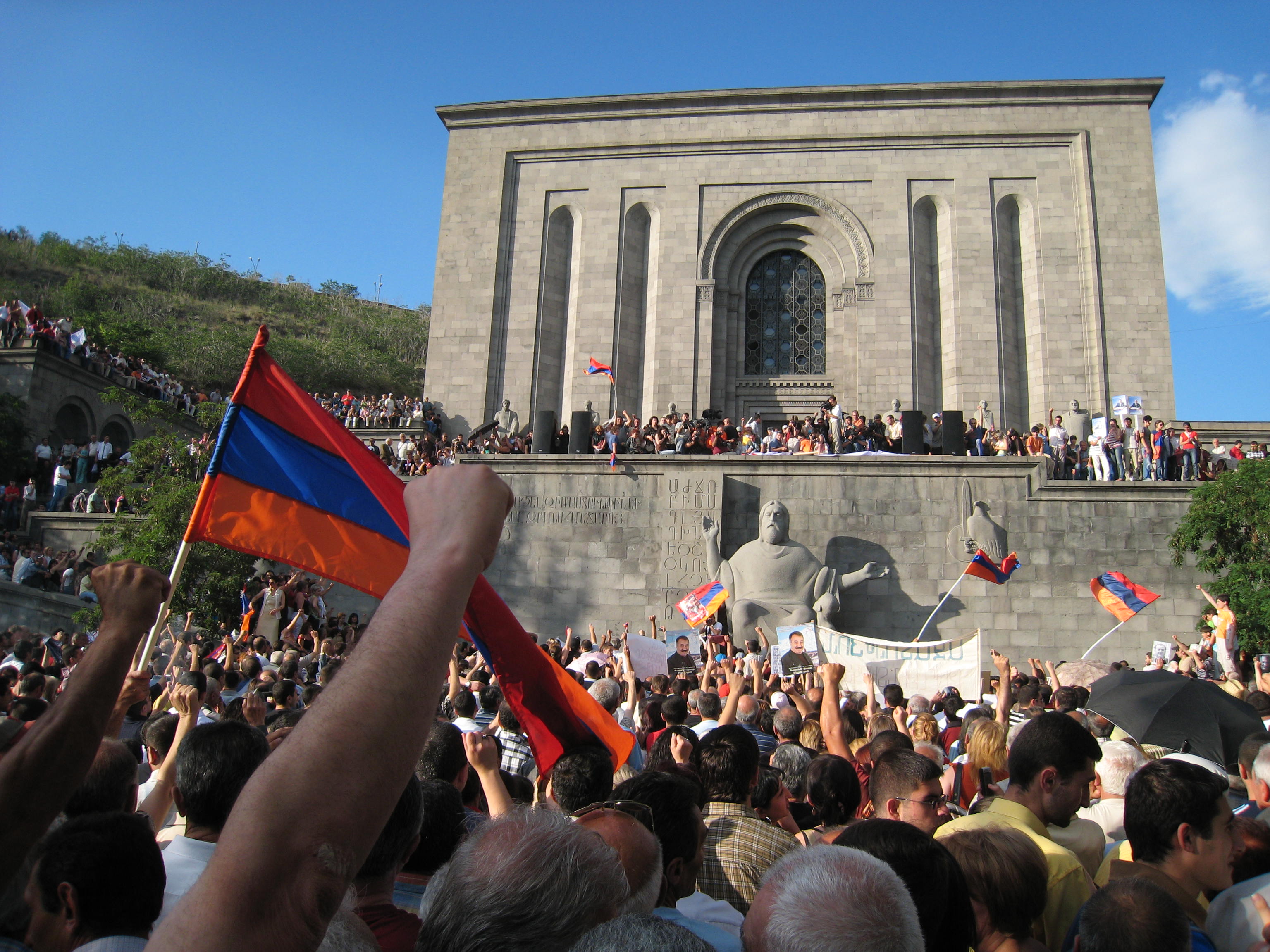
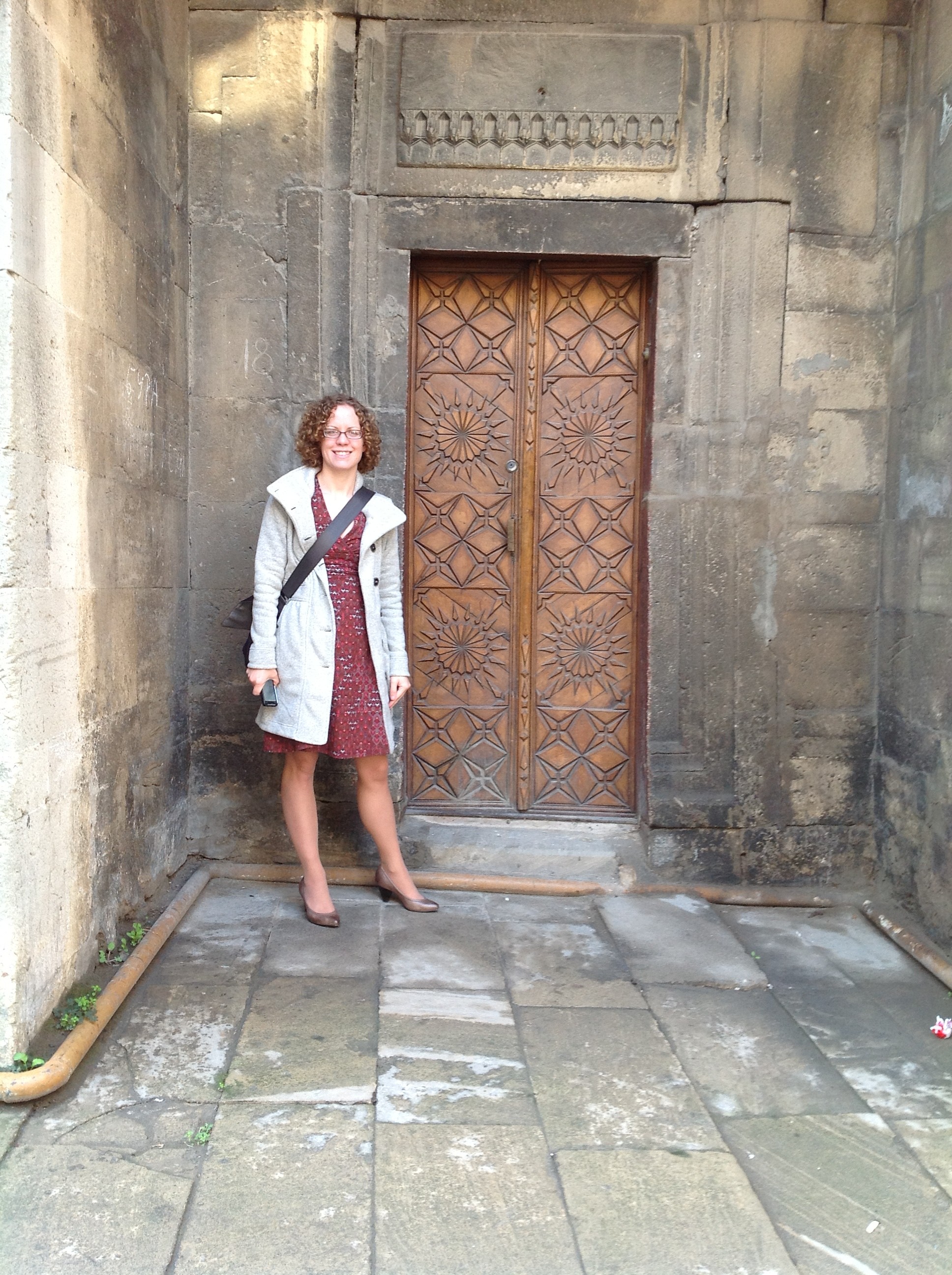
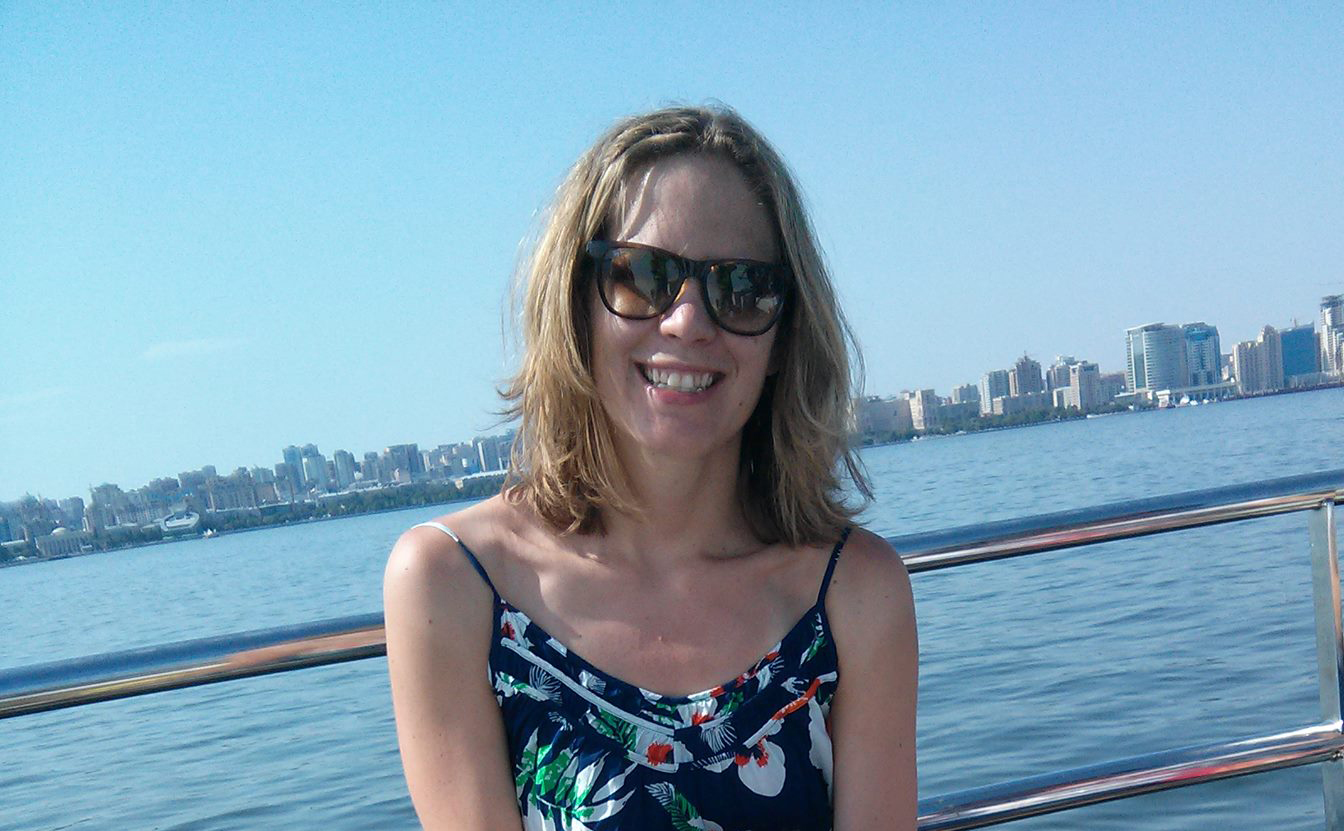
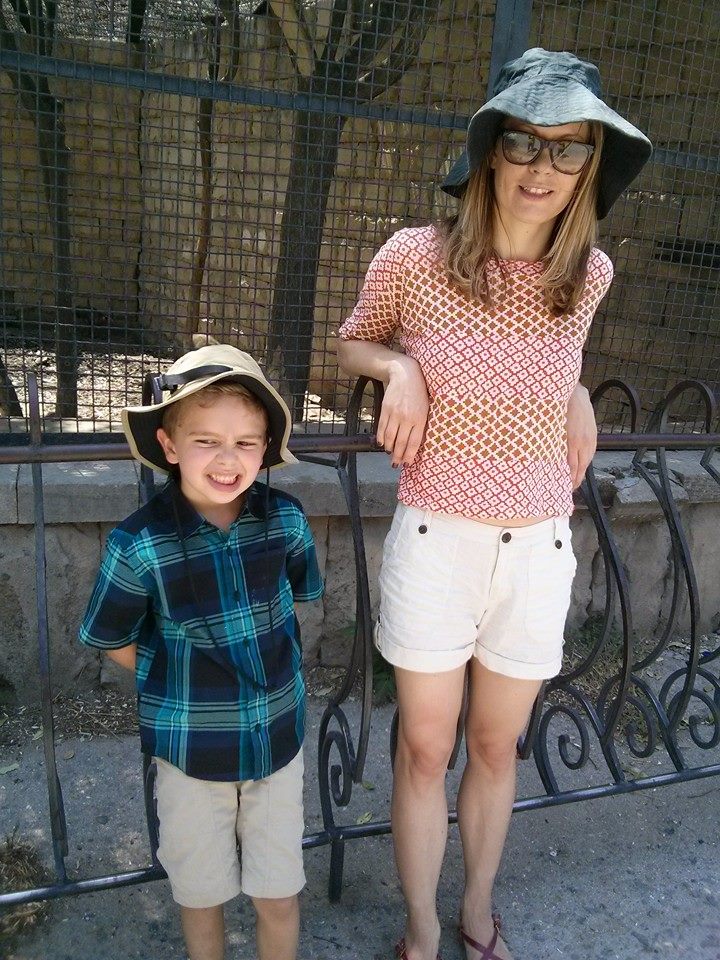
Dear Kathy,
I am a Ph.D. candidate at the Polish Academy of Sciences. I write my thesis about Azerbaijani policy towards IDPs from 1994-2014.
I would like to say that I admire your work, passion. I read both your papers as well as your blog- it`s inspirational.
Best regards,
Anna Wirowska